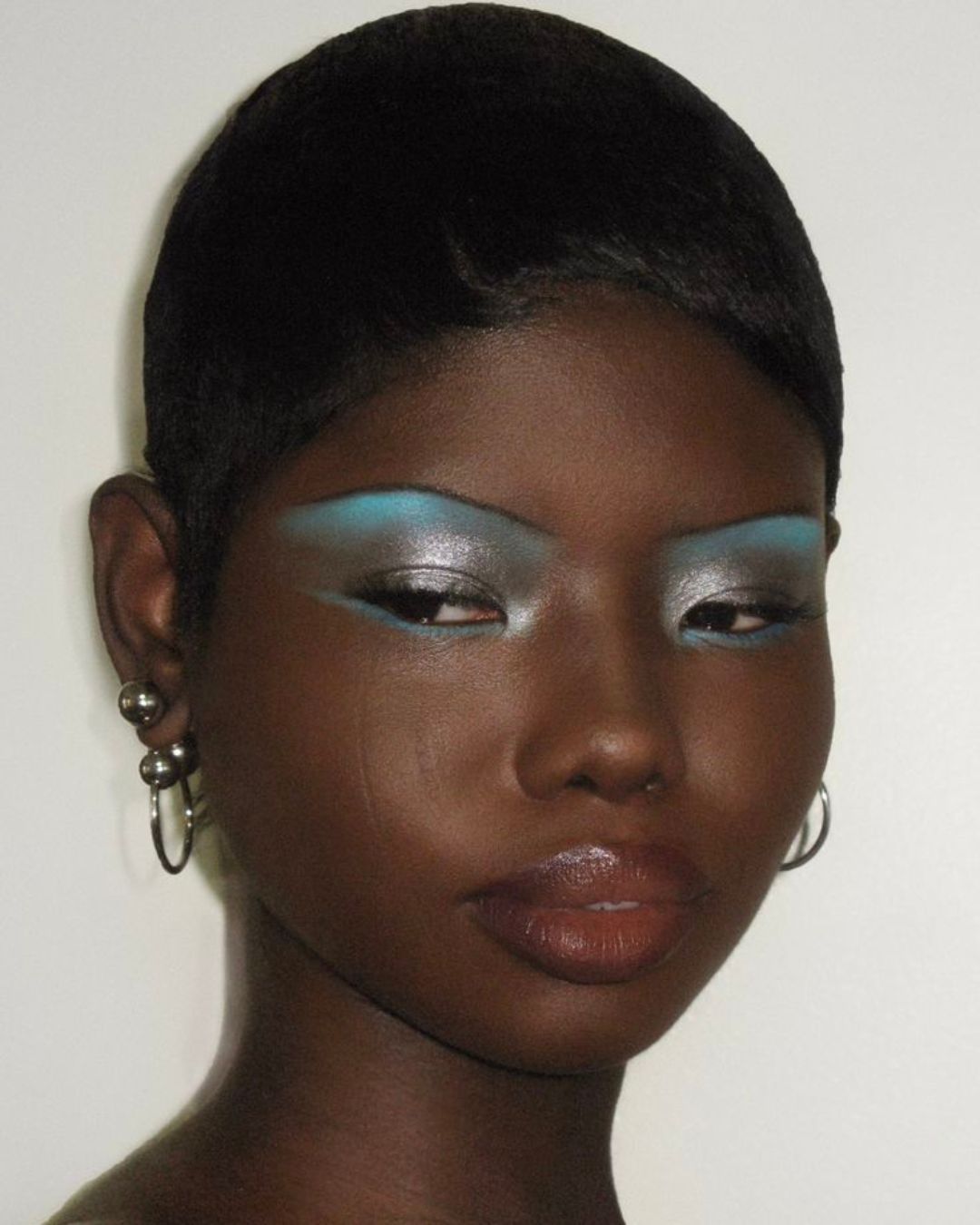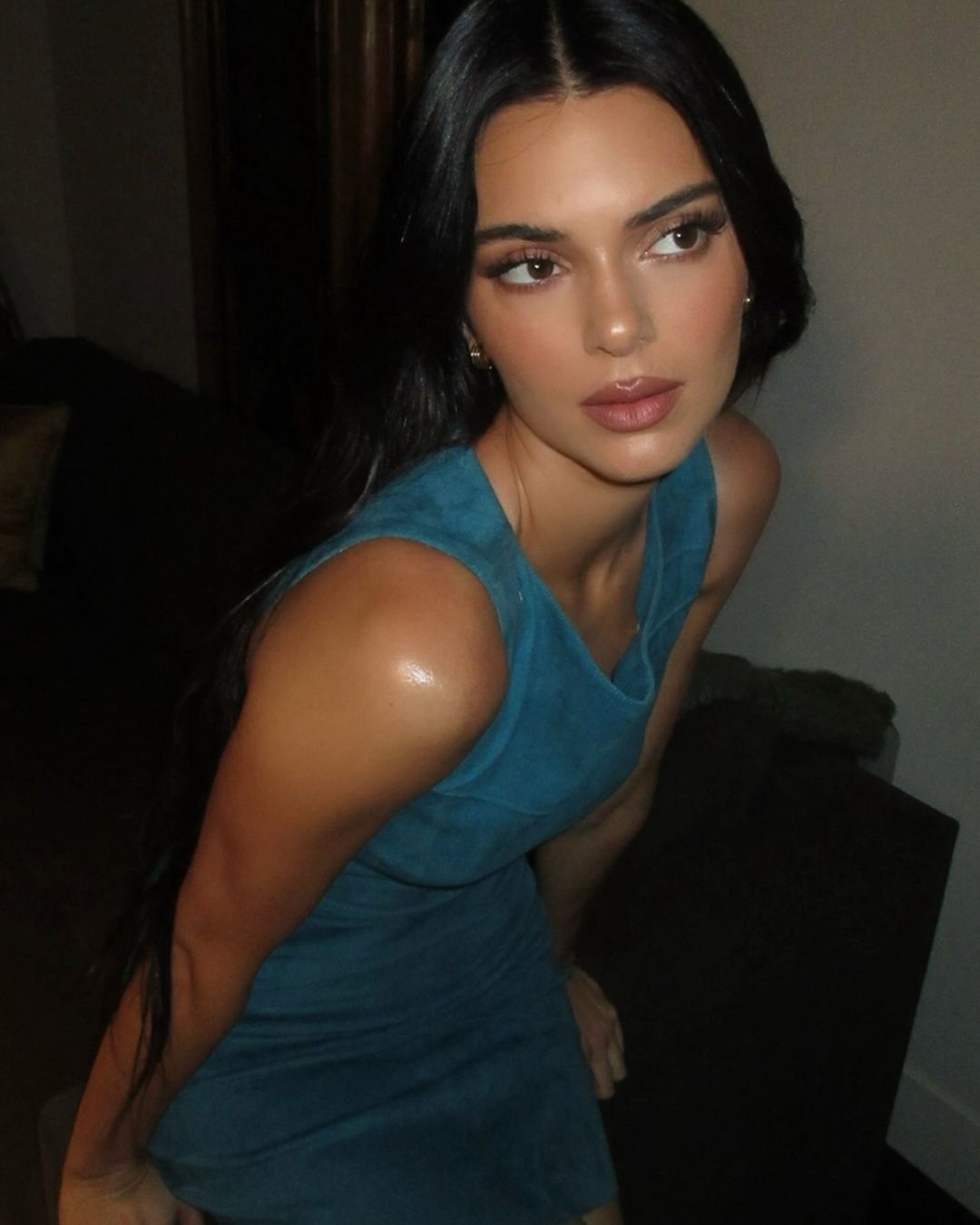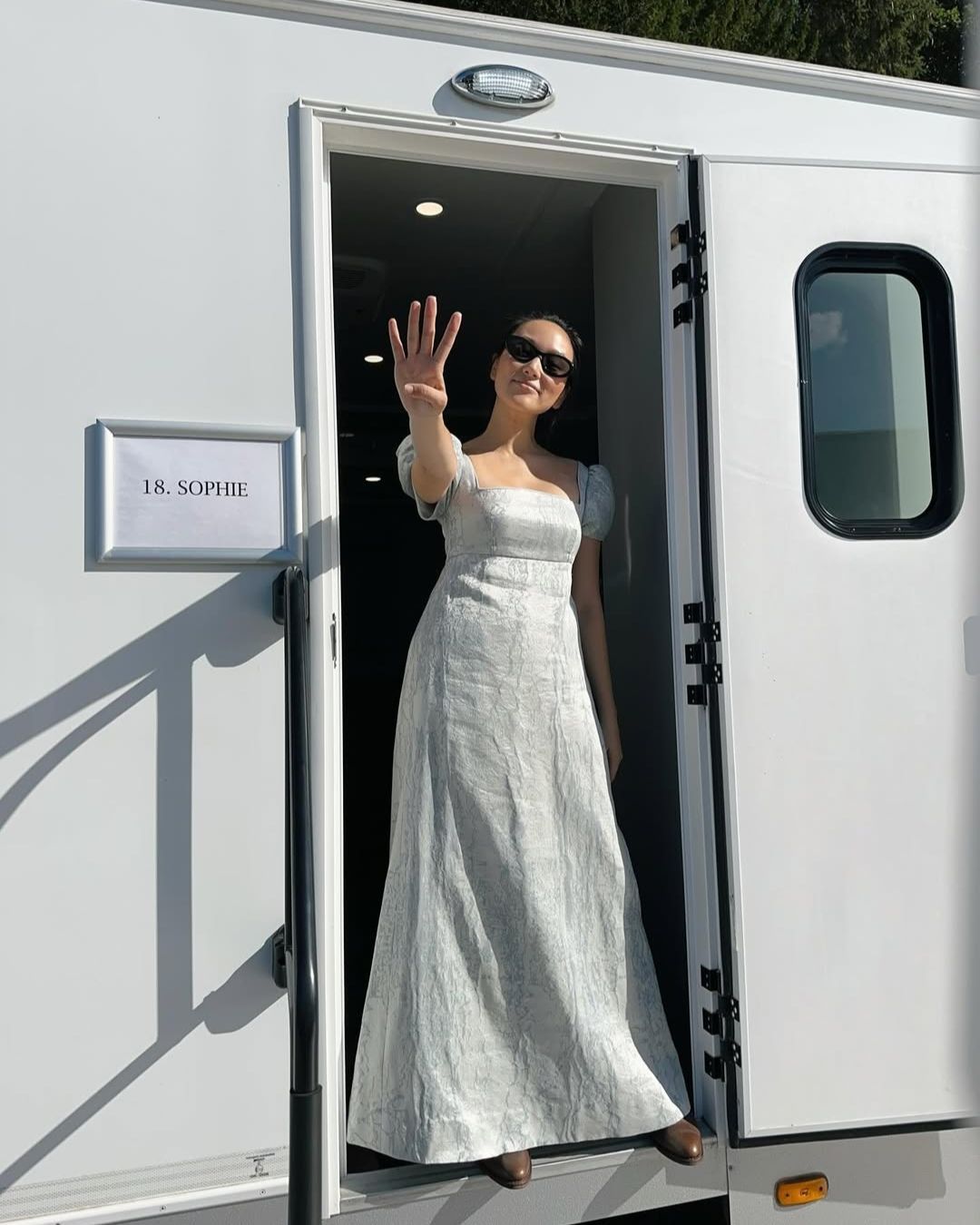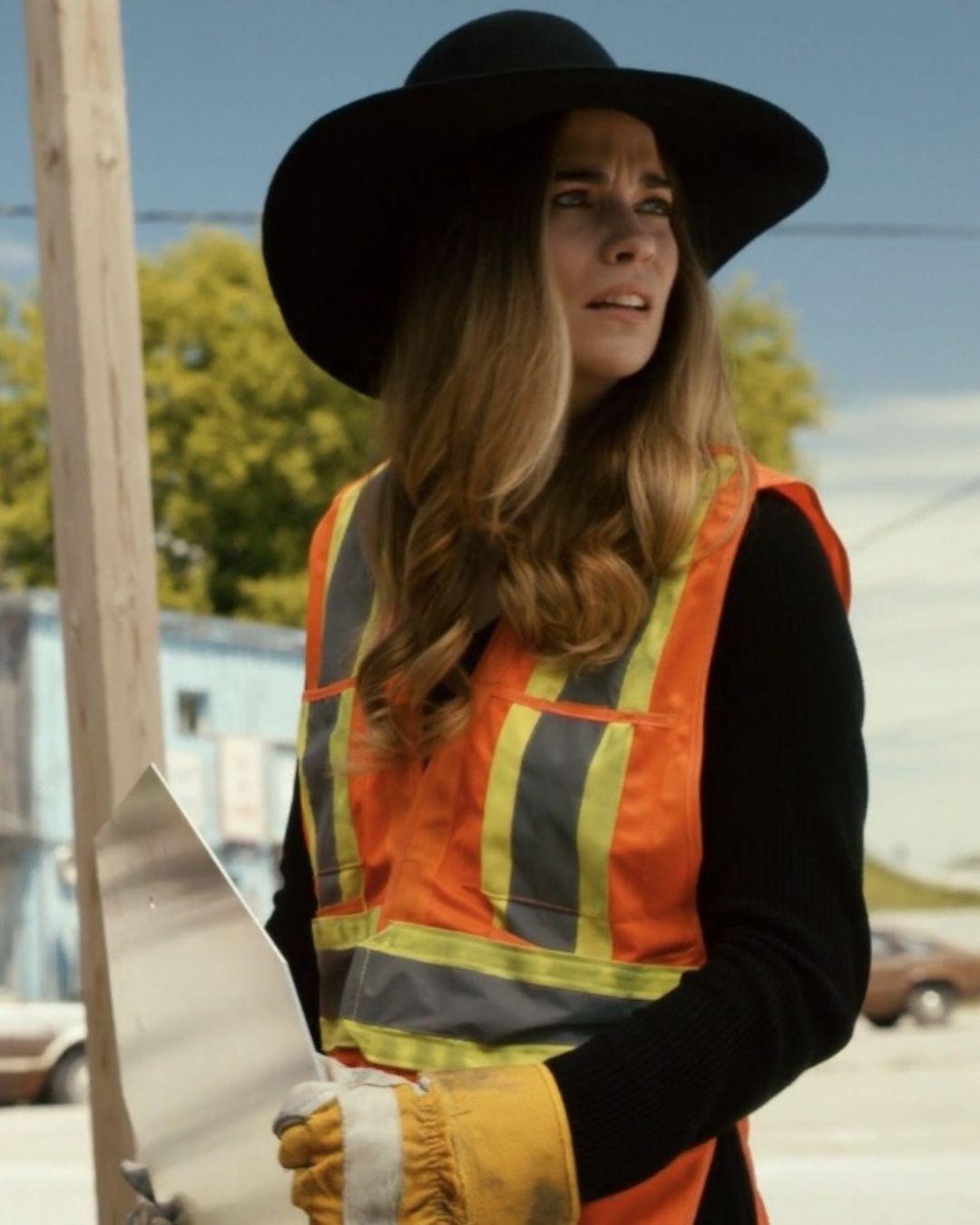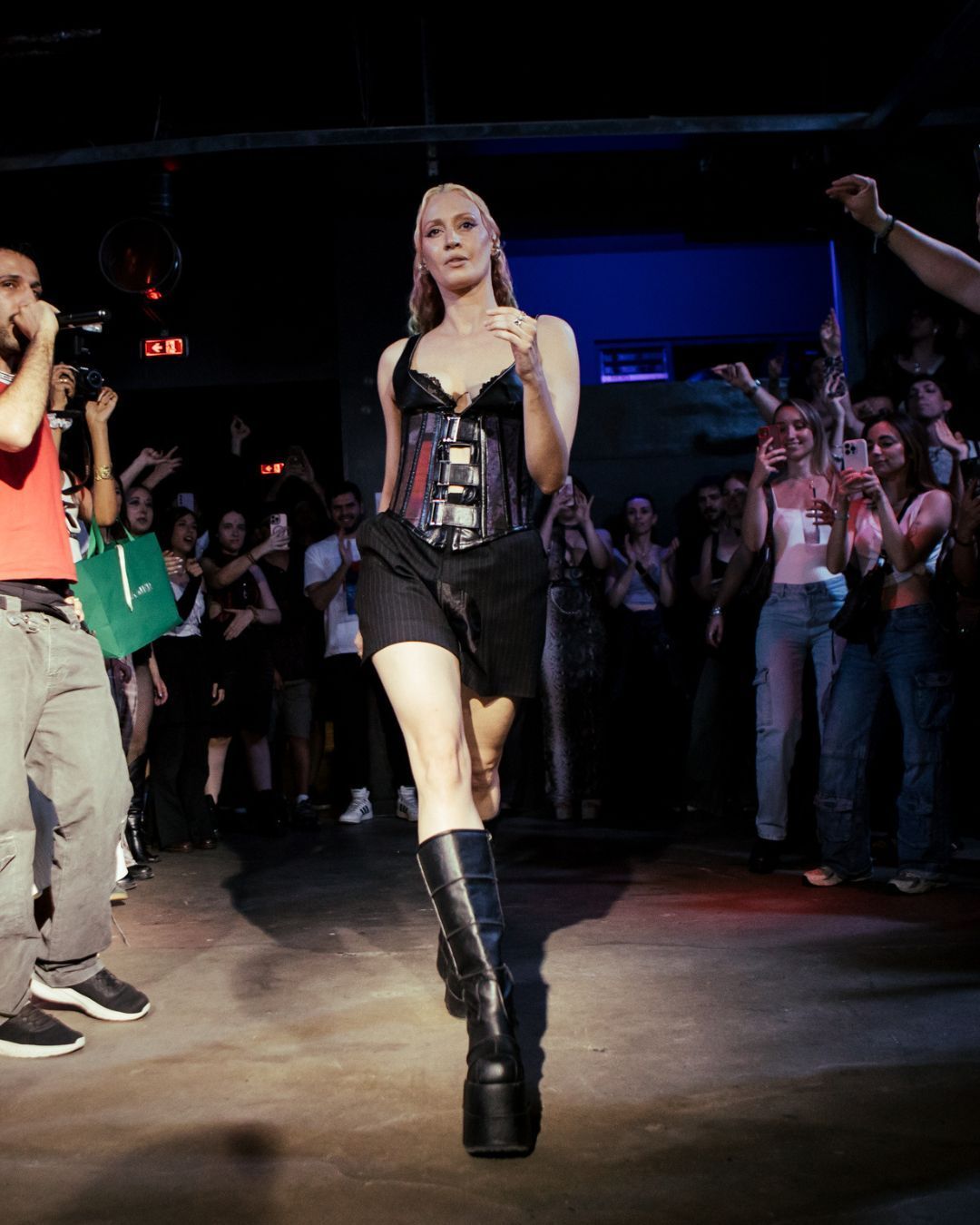
Misogyny in the Booktok: from the J.D. Barker case onwards The bestselling author is only the latest example of a widespread problem
How do you approach online book reviews and advertisements? Do you follow creators who focus on literature and publishing? Are you interested in industry trends? When you're in a bookstore, do you gravitate towards tables and dedicated shelves, or do you avoid them, relying on your personal taste or academic knowledge? The basic tendence seem to be twofold: there are those who stay constantly updated, immersed in the world of Young Adult literature and erotica (or both simultaneously, as these genres seem particularly easy to mix), engaging in continuous debates (the one on Elena Ferrante's identity being immortal) and those who dismiss the entire movement, labeling it as childish, superficial, and of low quality.
The Power of Booktok
Regardless of your opinion, what is undeniable is the power particularly of Booktok - that part of TikTok dedicated solely to book discussions, usually led by young women who read a lot and work full-time to do reviews - in determining the fate of a book or author. First organically, then through real marketing campaigns and strategic sending of free copies to its most influential personalities. Regardless of your thoughts and personal involvement in the bubble under examination, the case of J.D. Barker should both outrage and prompt reflection on the misogyny that creeps into Booktok, even in these sales or sponsorship mechanisms. But what are we talking about?
Booktok ha fatto anche cose buone ovvero far capire alla Feltrinelli dove vado di solito che si doteva ampliare lo spazio dedicato ai libri in inglese pic.twitter.com/9M8SUfsbVn
— Ann (@ataraxiann_) July 11, 2022
J.D. Barker's Email
On January 23, the author J.D. Barker, writer of several international bestsellers including Behind a Closed Door, The Fourth Monkey, The Fifth to Die, Hybrid, and Of the Lake, sent an email to some prominent figures on Booktok asking them to sponsor his latest work. No problem, except that in the email, he also suggested some video formats, saying that since the work was "spicy" (containing explicit scenes), the content should also be in that vein. One prompt, for example, suggested nude exposure with the book covering the pubic area or chest, or provocative poses, revealing to followers the most absurd and extreme place where a sexual encounter had taken place. In short, a sleazy invitation to showcase oneself in a blatantly sexual manner to encourage followers to buy the book, which did not sit well with creators. They refused to follow the advice, instead, showing the received email and explaining in detail what they found strange or inappropriate in that type of communication.
a number of young women creators in the book community said they received an email from NYT bestselling author JD Barker saying he would pay them to promote his book using sexually suggestive imagery pic.twitter.com/aU17s4o4G2
— kelsey weekman (@kelsaywhat) January 26, 2024
Misogyny in Booktok
Despite being a segment of social media dominated by female creators, Booktok is certainly not free from misogyny. Cases like these are an example. Just because it is led by young girls who love reading, even erotica, it seems acceptable to these adult men and those working for them to make specific demands. Furthermore, the low regard that the average male user has for the books these girls passionately and competently discuss is a cause for concern. Why do we belittle girls and their passions without knowing the books they talk about? Tastes are subjective, and Young Adult and/or erotica literature isn't for everyone. What is disturbing here is the automatic assumption that if something pleases young and attractive girls, then it is worthless. Going even further, it is assumed that if girls choose to read "spicy" content, they are more willing to undress to promote someone else's product. What is this if not misogyny?
@dianarodriguezwallach Replying to @Megan Collins • Author #greenscreen Second Update on JD Barker book drama. His latest apology statement. #booktok #booktokdrama #jdbarker original sound - Diana, YA Horror Author
Girls should be free in every sense
What seems extremely difficult for J.D. Barker (who released an official statement attributing the email responsibility to his PR agency, founded by him) and anyone underestimating Booktok to understand is that girls don't read to please men; they read because they want to. And if they read what they read, then they chose it, because it's in their target or because they trust each other's reading recommendations. Perhaps, YA and erotica can be a way to feel part of a community, to discover themselves and their tastes, or perhaps not. In any case, it's not a justification to try to make them undress or ask them to use their bodies to sell. And it shouldn't be that difficult to understand.




















